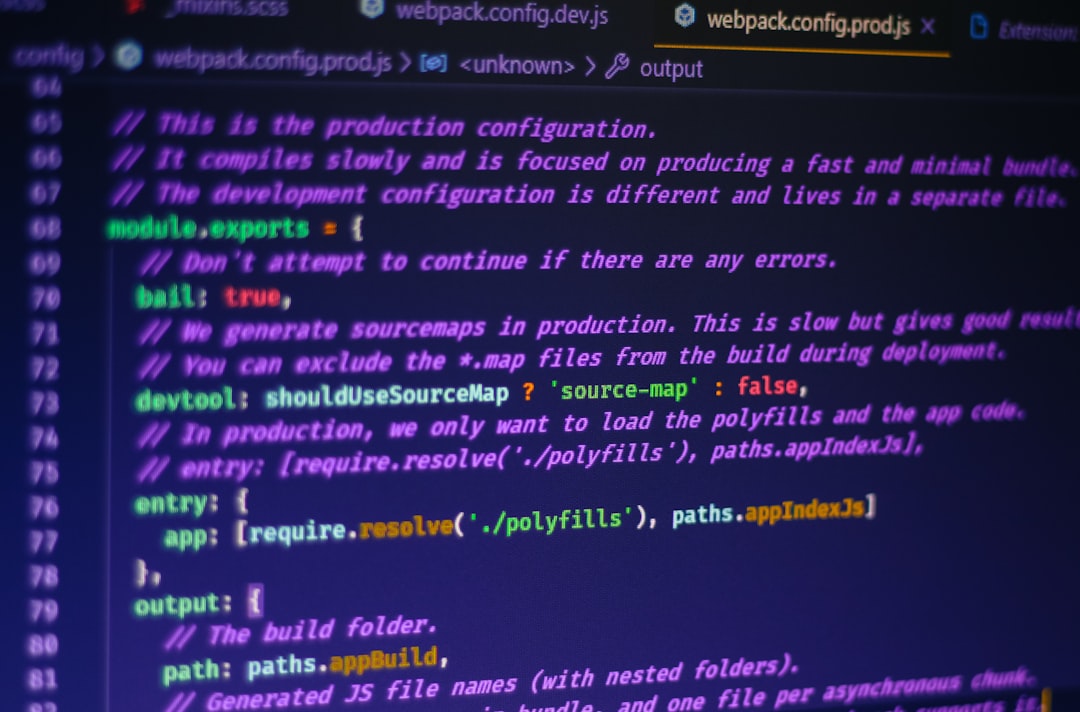In the shadowy corners of the internet, malicious actors constantly develop new ways to exploit vulnerabilities in websites. One such technique involves the use of targeted Google searches to locate sensitive files and configurations left exposed by website developers. A common search string used in this practice is “down ext:php”. Although it might seem harmless at first glance, this string can be a critical part of a hacker’s toolkit for uncovering unprotected PHP files that may provide entry points to a system.
Understanding the Google Dork: “down ext:php”
Google Dorking, also known as Google hacking, refers to the use of advanced search operators to locate specific, often sensitive, information on websites. The search term “down ext:php” is a variation that queries for files containing the word “down” in the title or URL and with a .php extension. PHP (Hypertext Preprocessor) is a server-side scripting language widely used for web development, making it a prime target for exploitation.
When paired with other search operators (like site:, inurl:, or intitle:), this query can help cybercriminals find:
- Download pages or scripts that are misconfigured
- Backup files with sensitive data
- Upload portals with inadequate access control
For instance, a hacker might use the query inurl:"down ext:php" to find PHP download scripts that might not perform proper security checks. These could allow unauthorized access, or even the execution of malicious code.

Why PHP Files Are Targeted
PHP is a dynamic language that enables web servers to execute complex backend operations, from handling forms to accessing databases. Because of its power, a poorly secured PHP script can be a serious liability. Under certain conditions, querying “down ext:php” can reveal files that:
- Provide direct download links to sensitive data like config.php or db_connect.php
- Expose file upload interfaces, which hackers can exploit to place malicious content
- Contain debugging or development information not intended for public access
This kind of intelligence is extremely valuable in the reconnaissance phase of an attack.
The Exploitation Path: From Search to Breach
Let’s explore how a malicious actor might use “down ext:php” in an actual reconnaissance operation:
- Google Search: Using advanced Google queries, the hacker finds a list of PHP files previously indexed by the search engine.
- Enumeration: They manually or automatically test these URLs to check which ones are accessible and what data they return.
- Analysis: Inspecting the code, file structure, or external connections reveals whether the file interacts with a database or local server resources.
- Exploitation: If the site accepts user input or dynamic URL parameters without sanitization, the hacker may attempt code injection attacks such as SQLi or RCE (Remote Code Execution).
In some cases, simply accessing an improperly secured PHP file can reveal database credentials or administrative backends.
Examples of Vulnerable PHP Endpoints
Hackers using the “down ext:php” search string may stumble upon scripts such as:
- download.php?file= — File name passed as a URL parameter; vulnerable to directory traversal
- getfile.php?id= — May expose internal file identifiers or backend logic
- upload.php — Often targeted for uploading malicious scripts disguised as images
Combining access to one of these scripts with further analysis can result in chain exploits where hackers escalate their access or pivot to other parts of the system.

Preventative Measures
Defending against such attacks requires a layered approach to web security. Website owners and administrators must take several proactive steps to reduce the chances of exposure through search engines or direct exploitation.
1. Robotic Index Prevention
Preventing search engines from indexing sensitive parts of your site is a first step. Use a robots.txt file to block access to directories that contain sensitive PHP scripts:
User-agent: * Disallow: /admin/ Disallow: /includes/ Disallow: /private/
Note that this file doesn’t provide actual security—it just tells well-behaved bots to steer clear. Hackers can still access these URLs directly, which is why additional security is necessary.
2. Input Validation and Sanitization
Many PHP vulnerabilities stem from failing to properly handle user input. Always validate and sanitize inputs using server-side controls to prevent injection attacks. For example:
$file = basename($_GET['file']);
$file_path = '/downloads/' . $file;
if (is_readable($file_path)) {
// Serve the file
}
This simple example helps restrict directory traversal by limiting access to a specific directory and forcing use of a filename-only parameter.
3. Authentication and Authorization
Sensitive scripts should be accessible only to authorized users. Authentication middleware and session controls should always guard administrative or download pages.
Never serve administrative functions or database interfacing files without verifying user roles and permissions.
4. Vulnerability Scanning
Regularly scan your website using automated vulnerability scanners and other tools to detect exposed PHP files, insecure endpoints, and abnormal behavior. Tools like:
- OWASP ZAP
- Nikto
- Burp Suite
can help identify issues before a hacker does.
The Legality and Ethics of Google Dorking
Many people underestimate the fact that simply searching with strings like “down ext:php” can uncover data inadvertently exposed by website administrators. While using Google Dorks for research or penetration testing is permitted when authorized, doing so without permission may be considered criminal activity under computer misuse laws.
Even when no explicit “hacking” is involved, accessing sensitive data you are not authorized to view can qualify as unauthorized access. Professional cybersecurity researchers and penetration testers operate only under written agreements and legal frameworks.
Conclusion
The unassuming Google search term “down ext:php” is a stark reminder of how seemingly harmless data can be weaponized in the hands of malicious users. PHP files that are meant for internal or administrative use can expose website databases, configuration files, and even give full control to unauthorized users when discovered using such searches.
Website security is a complex challenge, but the first step in effective defense is awareness. Developers and administrators must be vigilant: never assume files are hidden just because they aren’t linked publicly, and always implement robust security practices across your web infrastructure.
Staying ahead of attackers requires more than just firewall rules and antivirus software—it demands a proactive mindset and continuous improvement of security hygiene.
